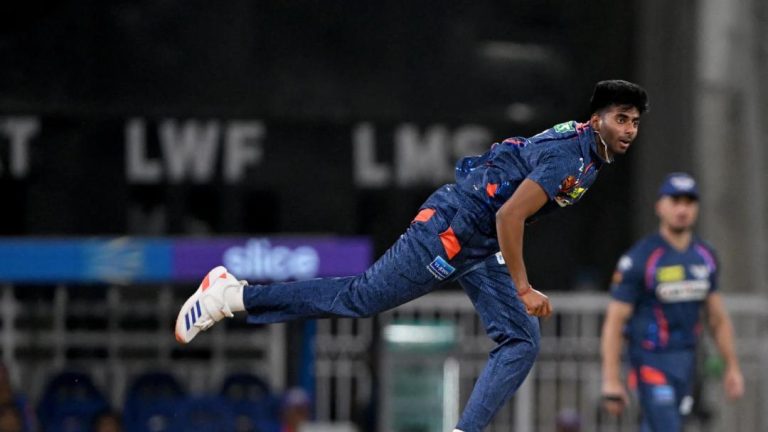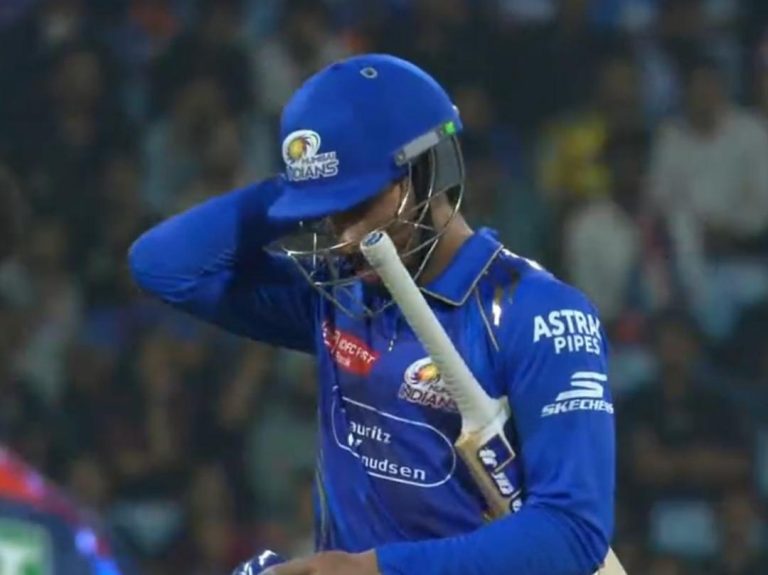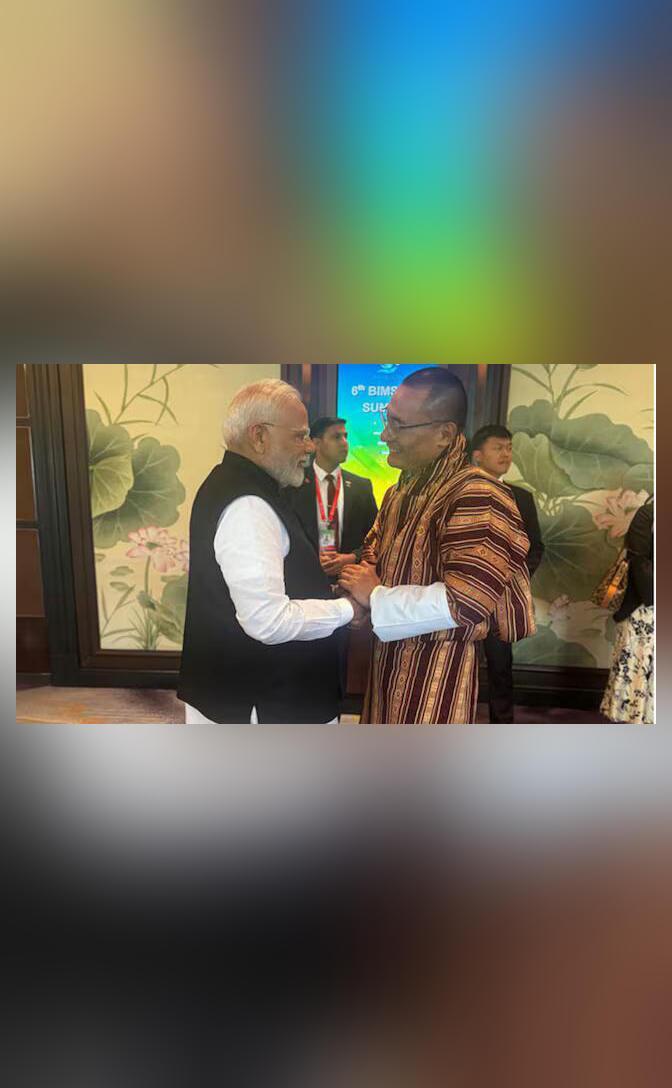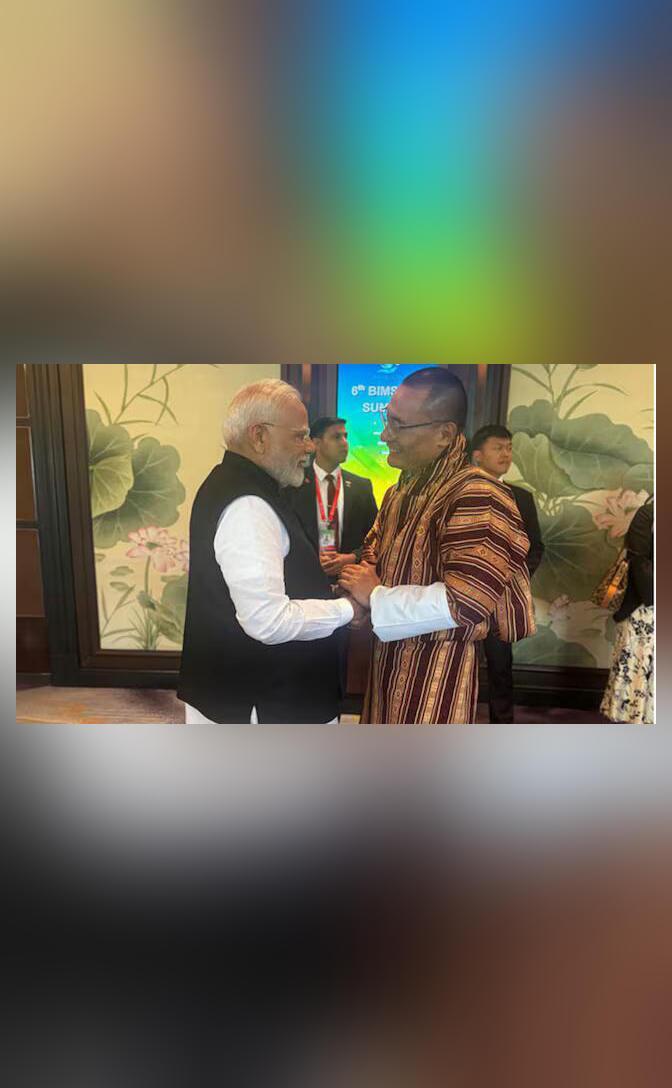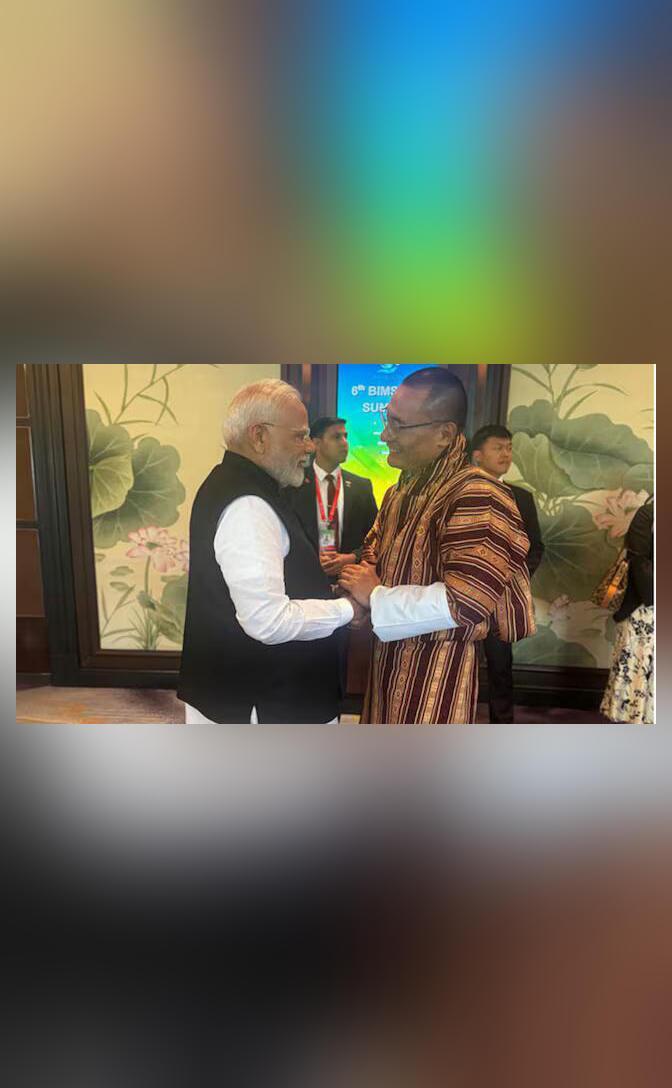
Shohely Akhter becomes first female cricketer to be banned for corruption
In a shocking turn of events, Bangladesh off-spinner Shohely Akhter has become the first female cricketer to be banned by the International Cricket Council (ICC) for corruption. Akhter was found guilty of attempting to fix, offering bribes, and failing to disclose full details of an approach to the ICC’s Anti-Corruption Code (ACU) during the ICC Women’s T20 World Cup 2023. As a result, she has been banned for five years from all forms of cricket.
The news was announced by the ICC on [date], stating that Akhter had breached Article 2.1.1 of the ICC Code, which relates to “Fixing or corrupting any match or part of any match”. Additionally, she was found guilty of breaching Article 2.4.4, which deals with “Failing to disclose to the ACU full details of any approach or attempt to solicit a corrupt approach, or the receipt of gifts, payments, benefits, or other rewards that could bring the game into disrepute”.
Akhter’s ban is a significant blow to the Bangladesh cricket team, particularly the women’s team, which has been making strides in recent years. The 25-year-old off-spinner had been a key member of the team, taking 54 wickets in 34 T20 Internationals at an average of 15.02. Her ban is a stark reminder of the importance of upholding the integrity of the game, and the consequences of engaging in corrupt activities.
The ICC’s Anti-Corruption Unit has been working tirelessly to combat corruption in cricket, and Akhter’s ban is a testament to their efforts. The ACU has been instrumental in uncovering corrupt activities in the game, and has been working closely with cricket boards and law enforcement agencies to bring offenders to justice.
In a statement, the ICC said: “The ICC has banned Bangladesh off-spinner Shohely Akhter from all forms of cricket for five years, following a breach of the ICC Anti-Corruption Code. Akhter was found guilty of attempting to fix, offering bribes, and failing to disclose full details of an approach to the ACU during the ICC Women’s T20 World Cup 2023.”
The ICC’s investigation into Akhter’s activities began after a tip-off from a confidential source, which led to a comprehensive investigation into her activities. The investigation revealed that Akhter had been approached by a third party with an offer to fix a match, and had attempted to negotiate a bribe. However, she failed to disclose the approach to the ACU, which led to her breach of the ICC Code.
Akhter’s ban has sent shockwaves through the cricket community, with many expressing disappointment and dismay at her actions. The Bangladesh Cricket Board (BCB) has also issued a statement condemning Akhter’s actions, saying: “The BCB is deeply disappointed and saddened by Shohely Akhter’s actions. We take the integrity of the game very seriously, and we will not tolerate any form of corruption or malpractice.”
The ICC’s ban on Akhter serves as a reminder of the serious consequences of engaging in corrupt activities in cricket. The game is built on trust and integrity, and any form of corruption can undermine the very fabric of the sport. The ICC’s efforts to combat corruption are crucial in maintaining the integrity of the game, and Akhter’s ban is a significant step in that direction.
As the cricket world continues to grapple with the fallout from Akhter’s ban, one thing is clear: the ICC will not tolerate any form of corruption, and those who engage in such activities will face severe consequences. The game needs to be played with integrity, and players must uphold the highest standards of behavior.
Sources:
